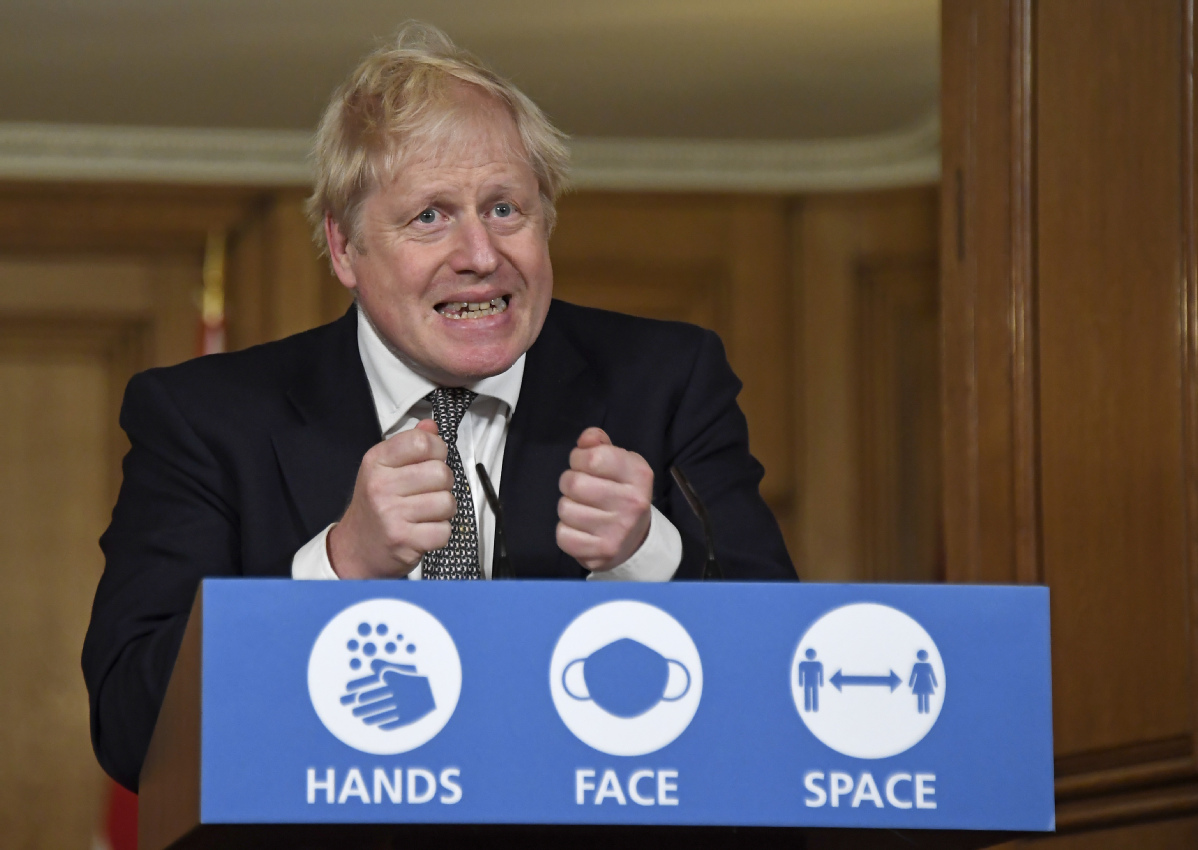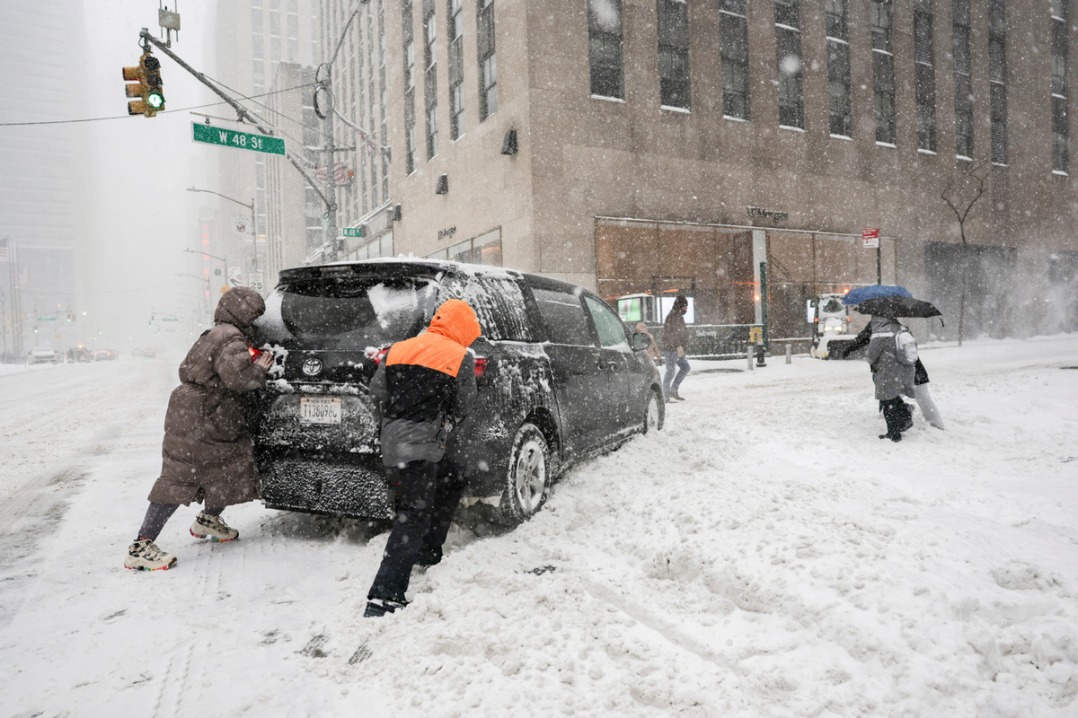Europeans facing up to fresh curbs


Shutdowns coming in as virus surges, highlighted by scare with WHO chief
European countries tightened COVID-19 restrictions amid rising cases, while the WHO chief has gone into quarantine after a contact tested positive for the virus.
Tedros Adhanom Ghebreyesus, director-general of the World Health Organization, said on Sunday that he was self-quarantining after someone he had been in contact with tested positive for the virus, but said he had no symptoms.
"I have been identified as a contact of someone who has tested positive for #COVID19," Tedros said in a tweet. "I am well and without symptoms but will self-quarantine over the coming days, in line with@WHO protocols, and work from home," he added.
He also stressed that it is "critically important that we all comply with health guidance".
The virus has infected more than 46.6 million people worldwide, with more than 1.2 million deaths, and acute outbreaks in Europe sparked further alarm about the state of the already devastated global economy.
To curb the spike in Germany, Chancellor Angela Merkel has ordered a round of shutdowns from Monday until the end of the month.
Germans will not be confined to their homes, but bars, cafes and restaurants must close, as well as theaters, operas and cinemas.
The number of confirmed coronavirus cases in Germany increased by 12,097 to 545,027, data from the Robert Koch Institute for infectious diseases showed on Monday.
The reported death toll rose by 49 to 10,530, the tally showed.
Tighter lockdown rules were also set to kick in on Monday for Belgium, which has the most COVID-19 cases per capita in the world. Portugal ordered a partial lockdown starting Wednesday.
In France, Prime Minister Jean Castex said that supermarkets would be barred from selling "nonessential" items from Tuesday to protect small shopkeepers that have been forced to close.
The Italian government is expected to announce new restrictions on Monday, according to news reports, with the health minister pushing for a countrywide lockdown.
Lawmakers in the United Kingdom will on Wednesday debate and vote on Prime Minister Boris Johnson's plan to take England back into a strict coronavirus lockdown.
UK members of Parliament are widely expected to rubber-stamp the proposal, which calls for nonessential shops to close, pubs, hotels and restaurants to be shuttered, gymnasiums and places of workshop to be mothballed, and people to work from home if possible.
Necessary actions
Johnson announced his intention to reintroduce a strict lockdown during a live, televised national address on Saturday evening, in which he said sharp rises in infections, hospitalizations, and deaths attributed to COVID-19 made drastic action necessary. He wants the lockdown to start on Thursday and last for four weeks.
Britain has the worst virus death toll in Europe, with more than 46,700 dead. It passed 1 million confirmed coronavirus cases on Saturday and had 23,254 new infections on Sunday.
Despite the serious situation in the UK, some fringe members of Johnson's ruling Conservative Party have criticized his plans, citing the harm the lockdown will do to enterprises and the economy.
In Asia, although the number of new cases being diagnosed each day is falling steadily, India's COVID-19 tally reached 8,229,313 on Monday as 45,231 new cases were detected across the country in the past 24-hour span. The total death toll in India reached 122,607, according to data by the federal health ministry.
Over the past few days, the national capital has witnessed a fresh spate of COVID-19 cases. The Delhi government is making provision to add 5,000 more beds in order to handle the surge during the ongoing festive season.
Earle Gale in London, Liu Xuan in Beijing, Xinhua and agencies contributed to this story.
































